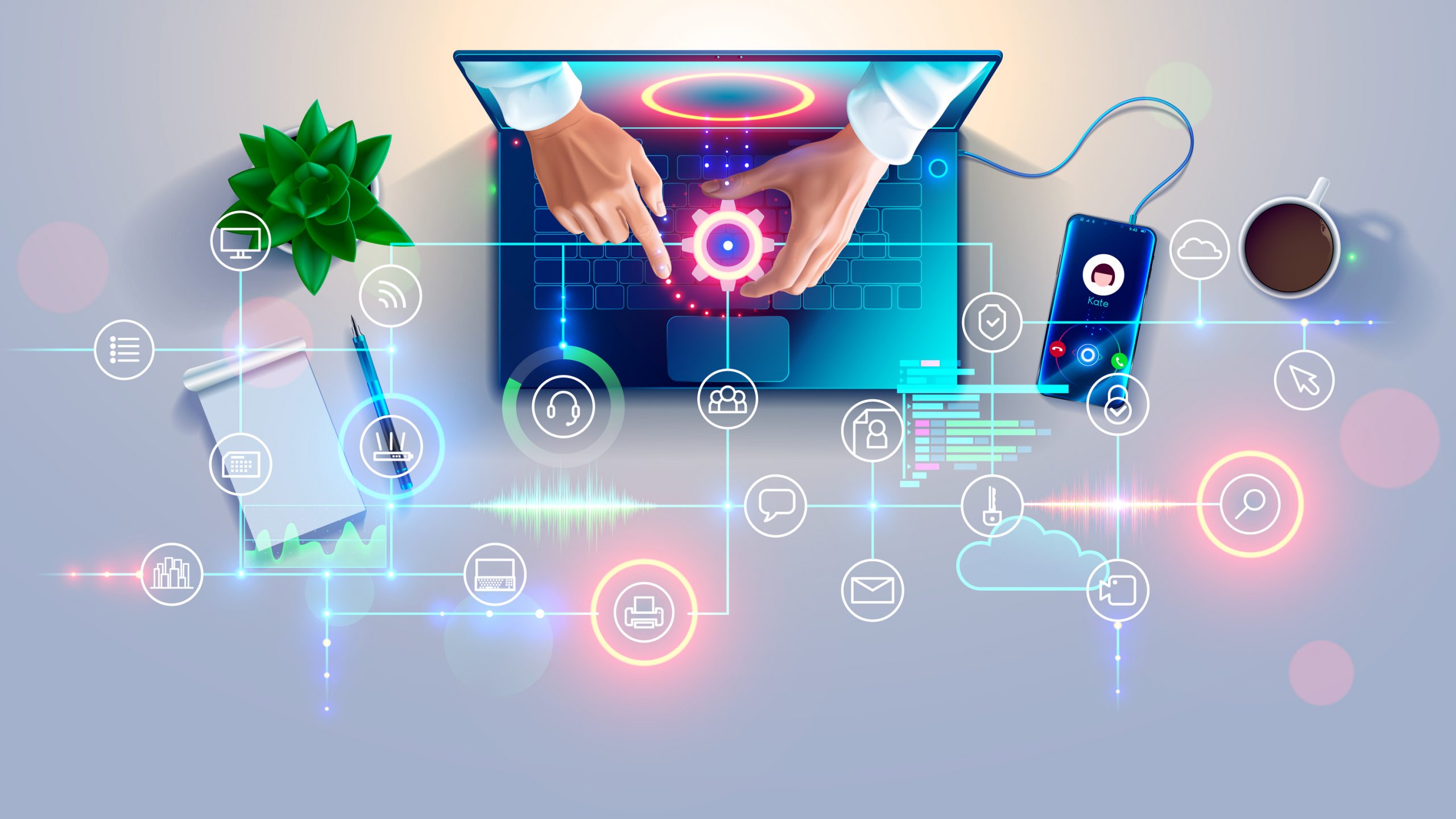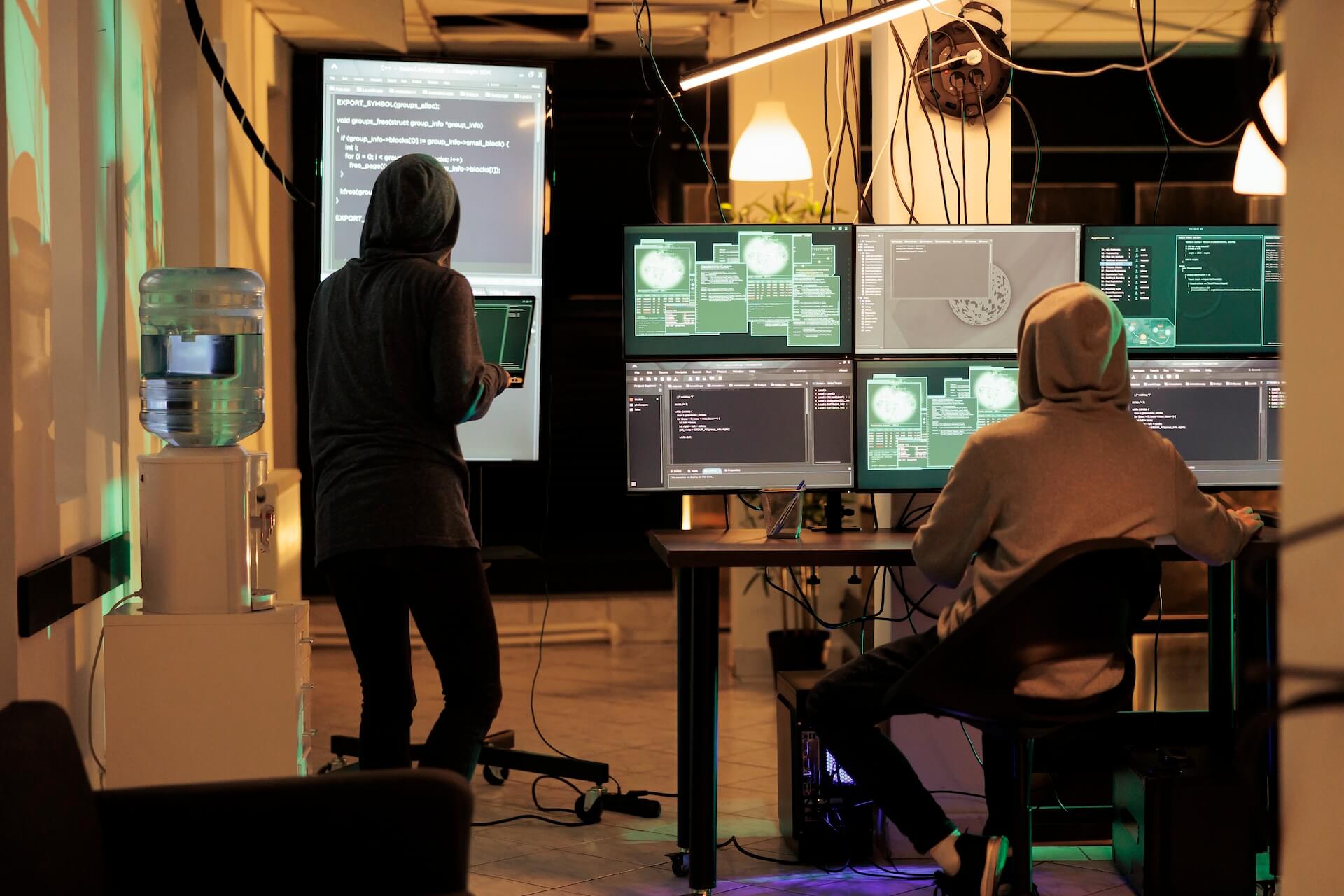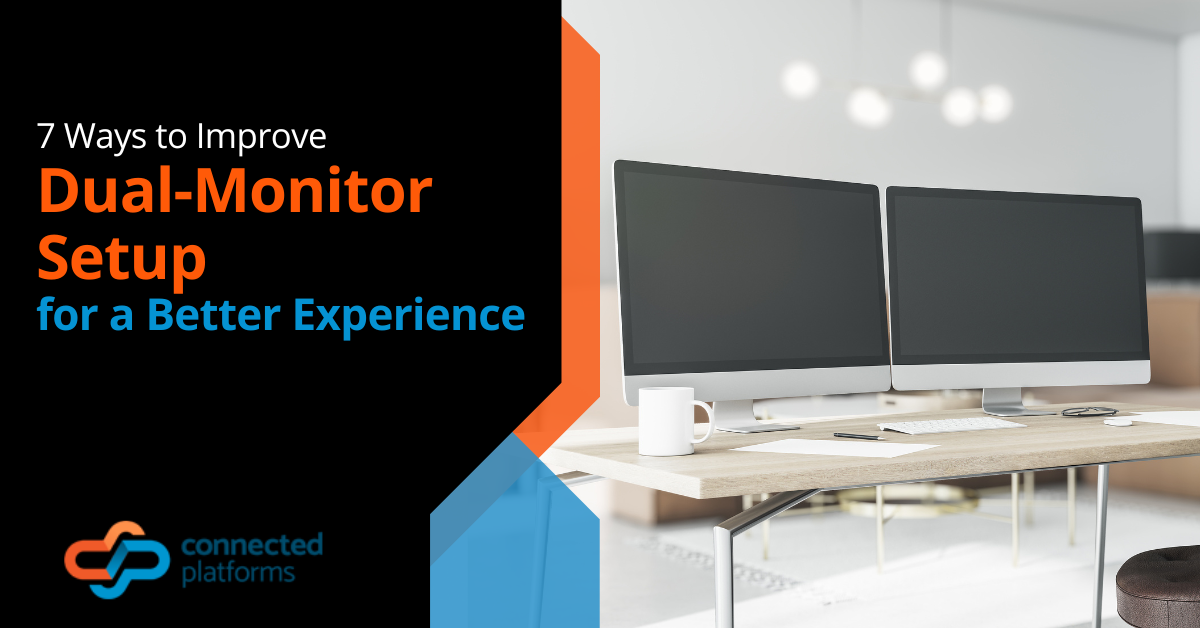Starting up a new business or upgrading existing computer equipment? You may want to consider the pros and cons of choosing a laptop vs desktop for business applications in your company. In most general terms, in choosing a laptop vs desktop for business applications you are facing a choice between mobility of a laptop and the performance of desktop computer. That said, depending on what you use your machine for, you are likely to find that modern laptops are adequately fast in most day-to-day office-use scenarios. It is only when you or your staff must carry out highly specialised and computationally expensive tasks, that the performance of a typical office laptop may become a hindrance.
At Connected Platforms, we offer small business IT support Brisbane business owners like you trust for its quality of service. Contact us online today and ask us about our managed IT services and IT solutions – let us take all the hassle out of managing the information technology in your business. Claim your FREE IT audit now and put your IT infrastructure to the test to find out if you are really leveraging all the tools available to you in the most effective way possible.
Laptop vs Desktop for Business – Which One to Choose and When?
Let us have a close look at a more direct comparison of laptop vs desktop for business use scenarios.
Laptops
- Laptops are extremely portable and can be moved around the office easily, taken to meetings and shared amongst team members.
- Because laptops need to be able to operate on limited and finite until recharged battery power, they typically sacrifice high end power and performance for energy efficiency. While this makes laptops a little bit greener, it also makes them somewhat less capable of running highly specialised software.
- Laptops are not limited to just one screen and the built in keyboard. With the right choice of compatible hardware, a laptop computer can be docked with a docking station connected to multiple additional screens, desktop keyboards, mice and other typical office peripherals. Equipping a desk with a docking station can provide its user with virtually the same experience they would get with a desktop machine, along with the added benefit of being able to detach (undock) the computer itself, take it to meetings or work on the go on the same machine.
- Heat generation may be an issue on the go. Laptops can indeed get quite warm in certain scenarios. When stationary and plugged into AC power or docked with a docking station, heat generation will typically not be a problem for a laptop user – while resting on a desk and plugged into an electrical outlet, laptops switch to active cooling, using their mechanical, built-in fans to vent excess heat. Because active cooling requires power consumption, when not plugged in or docked, laptops usually switch to passive cooling to conserve battery power and provide extended working time. When cooling passively, a laptop will rely on heatsinks to extract excess heat and this can make the chassis warm up quite a bit. This can be uncomfortable to users who prefer to rest their computer in their lap when working on the go.
Desktops
- Desktop computers offer more sheer horsepower. In terms of raw performance, desktop computers can use higher end, larger and faster components because they are not limited by the power efficiency requirements and the form factor restricting the hardware available for laptops.
- The trade–off is that desktops are stationary and harder to relocate even around the office, requiring input peripherals like keyboards and mice as well as monitors to be connected before they are useful – something that a laptop computer will come with built-in.
- Generally, desktop computers will be equipped with a built-in power supply to meet the electricity consumption requirements of its components. Desktop power supplies these days are often rated in hundreds of Watts, making these machines a bit less green.
- At the same time, because of their better performance, desktops are better suited to running highly specialised software like design and video editing applications or development environments that lower end laptops could struggle with.
- While a laptop’s performance can vary wildly depending on whether it is plugged in or running on battery power (and even how much battery charge is left), desktop computers usually offer a predictably steady level of performance.
Laptop vs Desktop for Business – The Bottom Line
A desktop workstation may be a good choice for designers, developers or other highly specialised members of your team who need consistent performance to be most productive. Laptops could be a good option for managers and client advisors who often go to meetings and whose productivity goes in line with their mobility.
If you are not sure what is right for your business, contact us at Connected Platforms by calling (07) 3062 6932. Working with us gives you access to a team of highly qualified information technology experts for a predictable and affordable flat monthly fee that is a fraction of what it would cost you to maintain an in-house IT department. Our technicians can provide ongoing IT support, manage the technology in your business and help to source the hardware that is right for you. Get in touch now.




